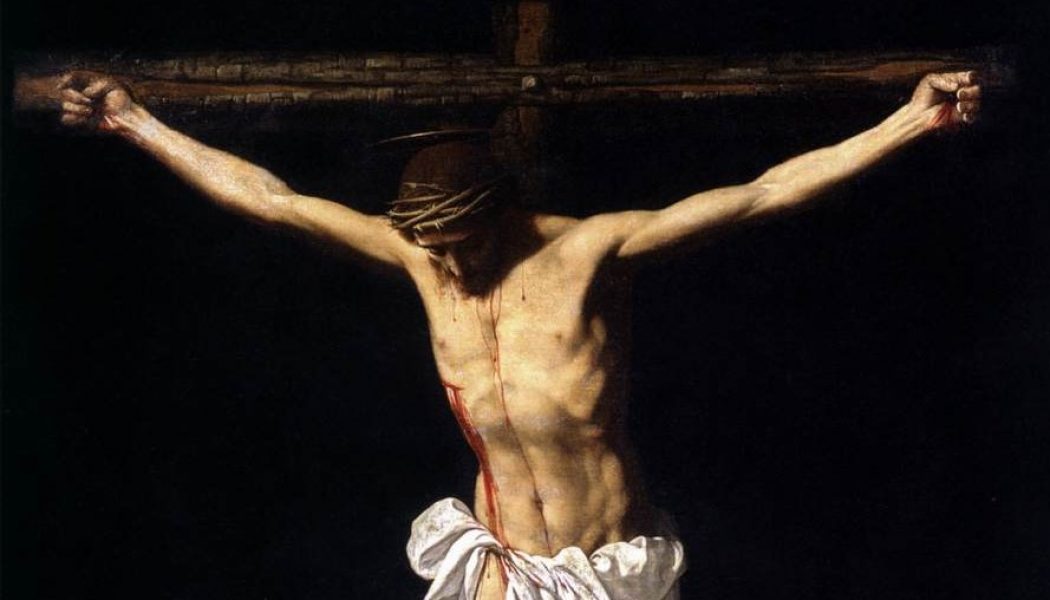
One of the most powerful things Jesus said from the Cross was, “Father forgive them, they know not what they are doing.” It is beautiful in its graciousness and loving in its leniency.
But it is also enigmatic. Did they not in fact, know exactly what they were doing? They had been plotting for several years to set up Jesus and trap him. They infiltrated his ranks and found a betrayer. They held a mock trial full of false and contradictory testimony and references to his teaching that were completely out of context (Mk 14:53). Even Pilate marveled at their obsession and rush to execute a seemingly harmless and unpretentious Galilean who spoke of a kingdom, “not of this world.” They jeered at him from beneath the Cross and walked away self-righteously to prepare the Sabbath which was a solemn one that year (Jn 19:31). Yes, it seems they knew exactly what they were doing.
And further, there is no evidence that they sought forgiveness. They were proud of what they had done and would continue to persecute the early Christians with the same bloody resolve.
“Father forgive them, they know not what they do.” An extravagant mercy to be sure but also a puzzling one that seems to jettison the accountability of which Jesus often spoke; that we would be accountable even for every idle word (Mat 12:36).
St Aelred provides a loving, even daring reading of the Lord’s forgiveness which we read in the Breviary last Friday:
It was not enough to pray for them: he wanted also to make excuses for them. Father, forgive them, for they do not know what they are doing. They are great sinners, yes, but they have little judgment; therefore, Father, forgive them. They are nailing me to the cross, but they do not know who it is that they are nailing to the cross: if they had known, they would never have crucified the Lord of glory; therefore, Father, forgive them. They think it is a lawbreaker, an impostor claiming to be God, a seducer of the people. I have hidden my face from them, and they do not recognize my glory; therefore, Father, forgive them, for they do not know what they are doing. (From the Mirror of Love by Saint Aelred, abbot; Lib 3, 5: PL 195, 382).
This passage does two things. First it is a beautiful interpretation of the Lord’s merciful prayer. Second, it helps contextualize the Lord’s extension of mercy and not over-apply its meaning to every sinner everywhere. They are to be spared the sin of deicide (the killing of God), but they are not being given a blank check for all their sins. Such a stance would rob the human person of his freedom and dignity, in effect assuming that people are just too stupid to go to hell or be responsible for what they do. It would also force a kind of general absolution on people even when they did not seek or want it. Most of us have some occasions of invincible ignorance (an ignorance of the facts that is hard to overcome), but most of us also know exactly what we are doing in most cases. Of such things we will be accountable if we do not first seek the Lord’s mercy. Many sins we also commit in weakness not in malice. But weakness is not powerlessness. And hence, here too, we must seek mercy and strive to grow in strength.
God’s mercy is precious. But repentance is the key that unlocks its floodgates. May Lent continue to be a time that we acknowledge our need for God’s mercy and seek it constantly.
[embedded content]
Join Our Telegram Group : Salvation & Prosperity









